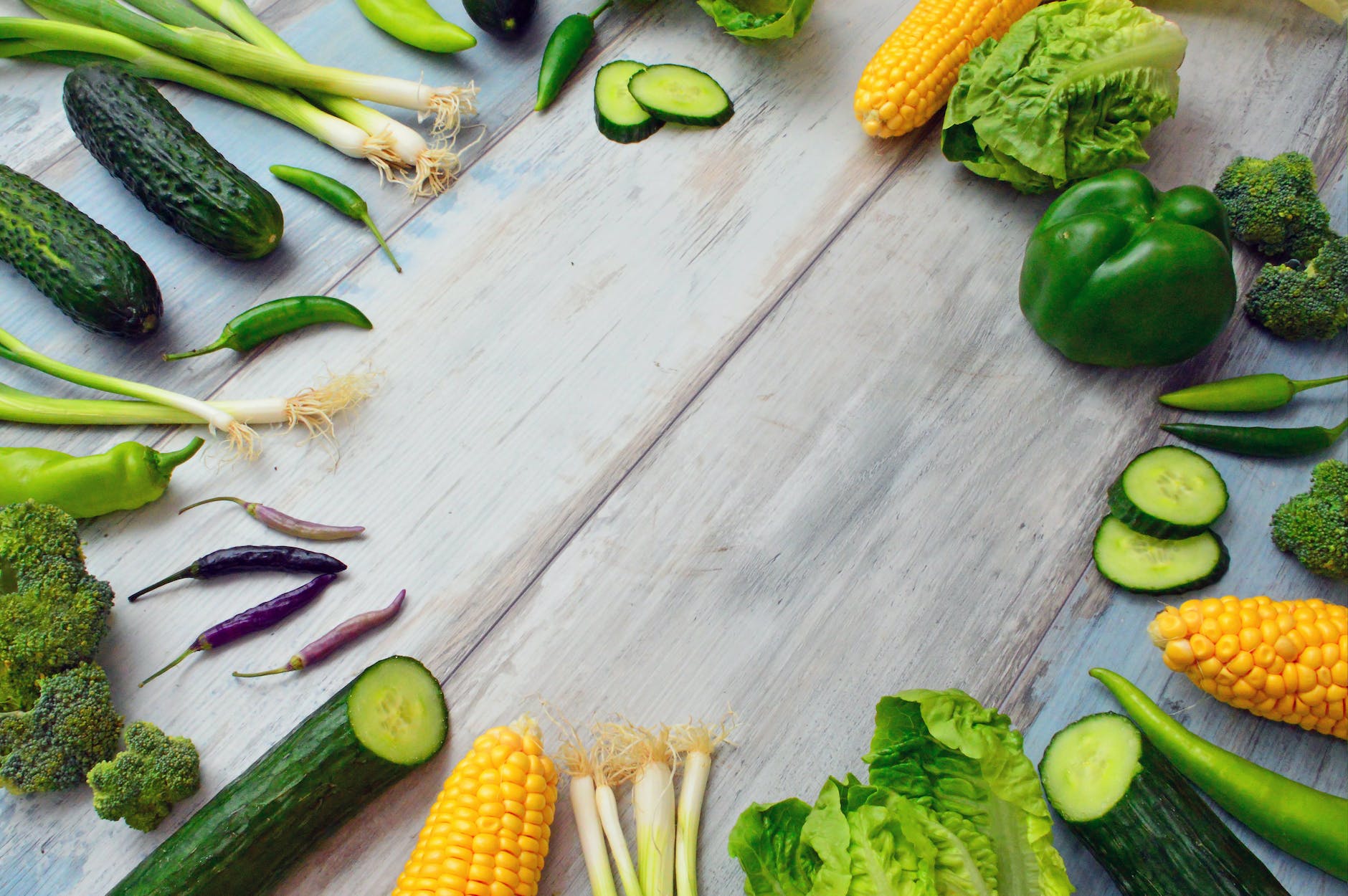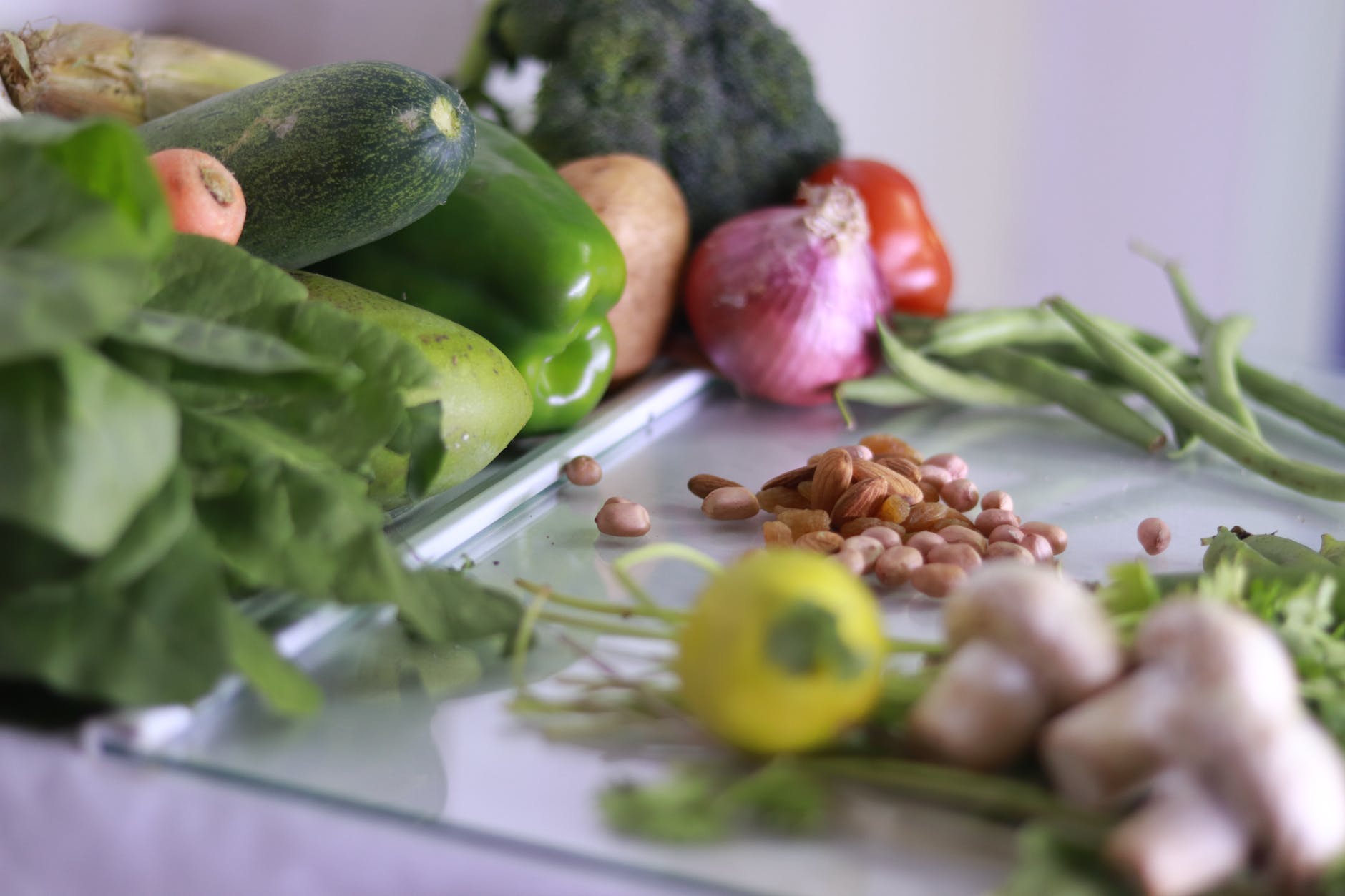
Diet And Nutrition
It’s a widely accepted fact that proper nutrition is important for everyone. This is even more true for people dealing with disabilities because they have a higher risk of developing certain kinds of diseases. Aside from that, their food choices may be limited, which makes it even more challenging to give them the proper nutrition they need.
Individuals with disabilities need more attention when it comes to their daily meals. So, if you’re a person who’s currently dealing with physical limitations or health complications, here are some tips to consider to ensure that you receive the right amount of nutrition every day:
Stick To A Healthy Diet
A healthy diet is essential for everyone, particularly for people dealing with disabilities as their physical limitations may restrict them from doing regular exercise. If this is the case, your only option left is to ensure that you obtain proper nutrition on a daily basis. Therefore, your diet should be composed of fruits, vegetables, and good sources of protein.
In addition, incorporating NDIS exercise physiology into your routine can offer tailored physical activity guidance and support, helping individuals with disabilities to maintain or improve their overall health and well-being.
While having a well-balanced food intake can provide all the nutrients you need, you can still improve it with the help of extra minerals and vitamins, so you might consider asking your doctor for what supplements can provide you with extra nutrition.
Avoid Processed Foods
Processed foods are tasty while being inexpensive at the same time. This is why many people just can’t help but keep eating them even those who have disabilities. But, don’t let their deliciousness fool you because processed foods often don’t come with essential nutrients your body needs. They can be harmful for your health as they contain harmful ingredients, such as saturated fats, preservatives, artificial sweeteners, monosodium glutamate, etc. Consuming high amounts of processed foods can lead to the development of various diseases, such as coronary heart disease, cancer, diabetes, obesity, and many more.
As an individual with special needs, you must avoid these kinds of foods so it won’t lead to further health complications, and improve your physical and mental wellbeing as well.
Keep Your Food Safe
People with disabilities have a higher risk of developing food-related diseases. This usually happens with individuals who have no other person to rely on when preparing their meals. Since they have no one to cook for them and their disability is preventing them from preparing their own food, they may end up eating spoiled or undercooked dishes.
You must throw away spoiled food and avoid meals that are risky for your health. Make sure that all your meals are properly cooked to avoid stomach ache, diarrhea, or vomiting afterwards. If you don’t have someone to assist you in preparing your meals, ask a clinical dietitian about the right types of meals you need to consume. You can learn more here about the aspects where such professionals can be of great help.

Diet And Nutrition
Drink Plenty Of Water
Aside from having a nutritious meal, you should also keep yourself hydrated by drinking lots of water. Fluids can help get rid of toxins out of our body, protect and keep our internal organs working properly, regulate body temperature, deliver nutrients to cells, prevent infections, and many more. The body also performs at its best when it’s properly hydrated. However, a lot of people don’t get the right amount of fluids their bodies need, which can lead to dehydration.
Your body can get all the fluids it needs by simply drinking clean water, as well as other types of beverages and fruits, such as watermelon. Avoid sweetened drinks because they don’t provide any nutritional value. Instead, drink plain water, herbal teas, and other low-sugar beverages.
Furthermore, always bring a full bottle of water with you, or you can use an app to remind you to drink at regular intervals throughout the day. If you want, you can consider adding lemon or honey into your water to make it tasty.
Focus On What You Feel After Every Meal
The healthier and more nutritious the foods you eat, the better you’ll feel after every meal. The more processed foods you eat, the more you’ll feel uncomfortable, tired, or nauseous after.
Once you embrace a healthy and well-balanced diet, your body will become more energized and satisfied. Thus, by being aware of what you feel after eating a meal, it can help you develop healthy habits and tastes.
Final Thoughts
Looking after yourself as you deal with your physical limitations or health complications on your own can be challenging, especially when it comes to your diet and nutrition. But, with the right preparation and understanding of your nutritional needs, you can provide yourself with meals that are full of vitamins and minerals that your body needs.






